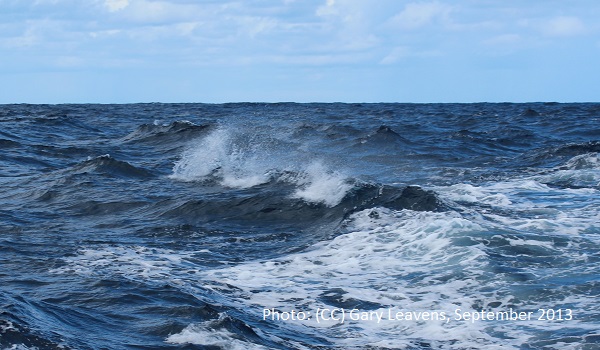As several thousand people continue to be trapped in the Canary Islands, the Spanish Ombudsman has called on the interior ministry to stop preventing asylum seekers to move freely within Spanish territory. The public prosecutor’s office has opened an investigation into possible hate crimes following violent attacks against migrants. After a Covid-19 outbreak with 21 positive cases, a reception centre in Tenerife is placed under quarantine.
The Spanish Ombudsman, Fernández Marugán, has addressed “a reminder of legal duty” to the Directorate General of the Police, pointing to “its legal duty to prevent any limitation of the fundamental rights to free movement and residence of applicants for international protection who wish to move from the autonomous cities of Ceuta and Melilla or from the autonomous community of the Canary Islands to the mainland”. The reminder responds to a complaint raised in early 2020 following the prevention of departure to the mainland of an asylum seeker in Gran Canaria. Asylum seekers’ right to move freely within Spain has been repeatedly violated, both in regard to individuals in Ceuta and Melilla and in the Canary Islands. The Ombudsman’s reminder reiterates numerous courts decisions on the matter, including a judgement by the supreme court from last July. With the increase of arrivals to the archipelago in the second half of 2020, the Spanish government’s reluctance to comply with the law has become even more prevalent, adding to its policy of more generally containing people arriving by sea from African shores to the islands.
Following attacks on asylum seekers by gangs of locals over the past weeks, the public prosecutor’s office in Las Palmas, Gran Canaria, investigates possible hate crimes by several people who organised themselves in WhatsApp groups to intimidate or assault migrants. In particular, several calls to pair up and attack people staying in hotels which have been turned into temporary reception facilities in the south of Gran Canaria are investigated.
Racism paired with discontent about the political management of new arrivals that blocks nearly 7,000 people in Gran Canaria has violently escalated on different occasions last week. A 24-year old Moroccan man, currently accommodated in a school building in the city of Las Plamas in Gran Canaria, reports he and others were threatened by four people in a car when they left the school building “They showed us several large knives, and fired in the air with BB guns. We were forced to run away.” In total, seven people staying in the school were assaulted by organised groups of locals in that week, the charity running the shelter reports.
Following a Covid-19 outbreak at a reception centre in Tenerife, the facility was placed under quarantine. Out of 67 people staying at the site, 21 have tested positive for the virus and one with pre-existing conditions has been admitted to hospital. Reportedly as a precautionary measure, access to the facility’s yard has been limited to twice a day for 30 minutes and visits, including of lawyers, have been suspended. The building itself is reportedly in poor conditions. During a storm in January, corridors were flooded and the rooms that are equipped with six beds but currently shared by three to four people, reportedly lack electric light. The Spanish Confederation of Police (CEP) union in Tenerife has requested the closure of the centre due to the risk of corona virus infection. According to the union, the officers working in the centre were not provided with personal protective equipment until 30 January.
For further information:
- ECRE, Atlantic Route: Further Delay of Camps in Canary Islands as Local Tensions Grow, Huge Backlog Age-Assessment Cases, 80 People in Arguineguín Pier Were COVID Positive, January 2021
- ECRE, Atlantic Route: Arrivals Slowing as Death Toll Continues, Detainees Held Beyond Legal Limit, Government Under Fire for Slow Response, January 2021
- ECRE, Atlantic Route: Arrivals and Loss Of Life Continue, Restrictions of Departures to Mainland, January 2021
- ECRE, Atlantic Route: Deadly Incidents and Concern over Conditions for Children, January 2021
Photo: (CC) Gary Leavens, September 2013
This article appeared in the ECRE Weekly Bulletin. You can subscribe to the Weekly Bulletin here.

